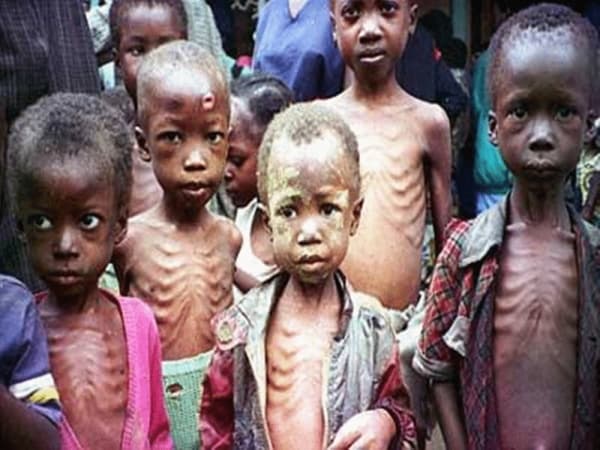420,000 Children at Risk of Death in 2025 – UNICEF

The United Nations Children’s Fund (UNICEF) has issued a stark warning about the dire state of child malnutrition in Nigeria. According to the organization, 420,000 children could die in 2025 if urgent action is not taken to address the issue.
This alarming figure is part of the 3.5 million children currently battling severe acute malnutrition in the Country.
Speaking during a visit to the Maiduguri Field Office, UNICEF’s Nigeria Country Representative, Wafaa Elfadil Saeed Abdelatef, highlighted the gravity of the situation.
“Nigeria has 15 million malnourished children under five, and 3.5 million at risk of severe acute malnutrition,” she said. “Of the 3.5 million at risk of severe acute malnutrition, 420,000 children could die in 2025 alone if nothing changes.”
Abdelatef emphasized that 40% of under-fives in Nigeria are stunted, meaning they may never reach their full physical or cognitive potential if drastic measures are not implemented.
“Forty percent of under-fives are stunted—children who will never reach their full physical or cognitive potential if we do not act now,” she warned.
The UNICEF representative urged for quick mobilization of resources to prevent hundreds of thousands of children from succumbing to hunger, preventable diseases, and lack of care.
She highlighted the need for more funding, locally produced food solutions, and expanded treatment centers to combat malnutrition-related complications.
Abdelatef also pointed to the broader humanitarian crisis in the Northeast, where over 4.5 million people are in dire need of assistance.
The region’s crisis has exacerbated the malnutrition problem, leaving millions of children vulnerable.
In addition to the malnutrition crisis, Abdelatef drew attention to Nigeria’s education crisis. According to her, 18.3 million Nigerian children are currently out of school, with 10.2 million at primary school age and 8.1 million at junior secondary school age.
“That is nearly one in three Nigerian children,” she said. “Every year, around 3.9 million fail to finish primary school, and 4.2 million fail to finish junior secondary school.”
Abdelatef also highlighted the poor state of education in Nigeria, noting that only 27% of children aged 7 to 14 can read with comprehension, and 75% cannot solve simple mathematics.
Furthermore, Abdelatef revealed that Nigeria has the highest number of zero-dose children globally, with over 2.1 million children never having received a single vaccine.
This leaves them vulnerable to preventable diseases such as measles, diphtheria, and polio.
The situation demands immediate attention and action to save countless lives and ensure a healthier future for Nigeria’s children.
The Nigerian Government and International partners must work together to address the malnutrition crisis and provide support to vulnerable children.


